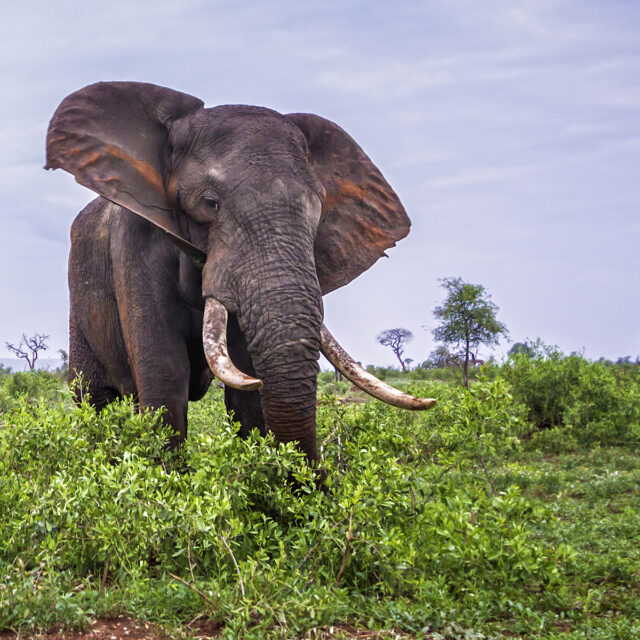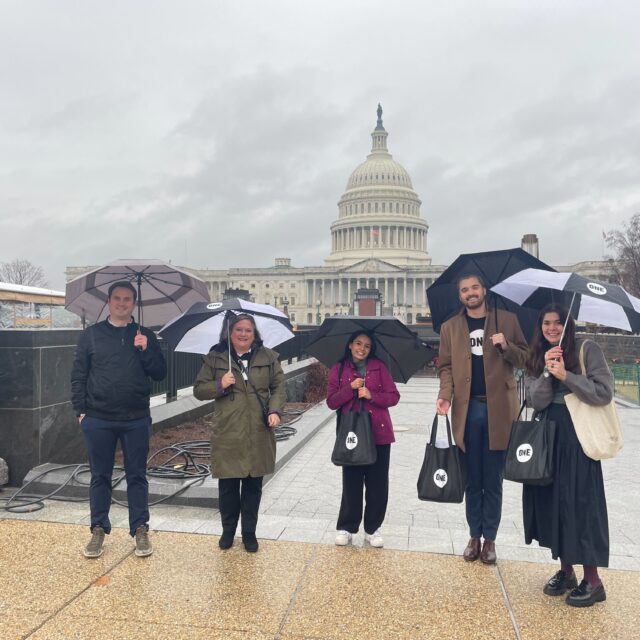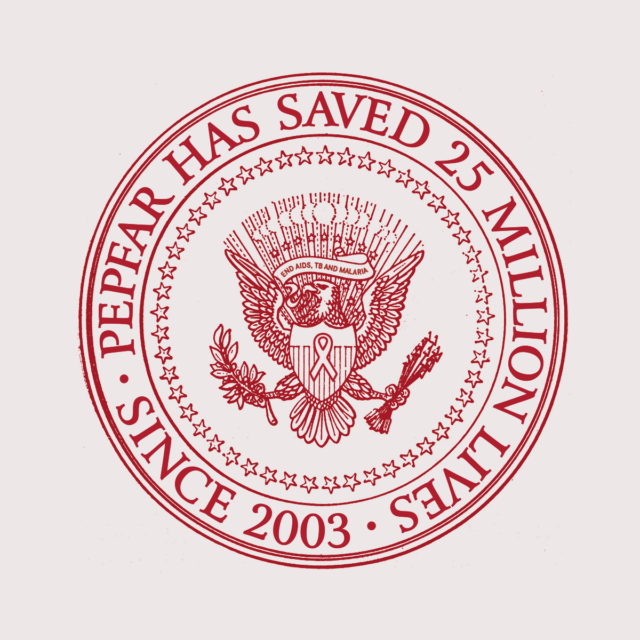Across 37 African countries, from the grassy savannas to the towering forests, herds of African elephants can be found roaming in their natural habitats. These massive and intelligent creatures are essential to the continent in multiple ways. Without them, drastic changes could occur to local ecosystems and to local human communities. Unfortunately, they currently face immense danger at the hands of hunting and poaching.
Embed from Getty Imageswindow.gie=window.gie||function(c){(gie.q=gie.q||[]).push(c)};gie(function(){gie.widgets.load({id:’RrSK1CjkQYRgh_2fv6iR7w’,sig:’ng74B8JMhf_zm6a7Yb7ZL1S8tulRC8Har4EJImOZ6u8=’,w:’594px’,h:’396px’,items:’915710858′,caption: true ,tld:’com’,is360: false })});
Elephant hunting has long occurred around the world. In the 1980s, the number of African elephants dramatically dropped from one million to just 400,000 due to demand for their ivory tusks. International ivory trade was banned in 1989, but has recently seen a resurgence as illegal poachers supply ivory to black markets, primarily in Asia.
Hong Kong has recently announced a gradual ban on ivory sales, which will be in full effect by 2021. This huge legal triumph can significantly help the elephant population, though the black market demand for ivory remains high across the continent.
In the United States, a ban on elephant trophies was implemented by the Obama administration, but a court ruling found that the ban had not been properly implemented. In November of last year, President Trump described trophy hunting as a “horror show” and stated that he would be unlikely to change his stance on the issue. However, the U.S. Fish and Wildlife Service issued a formal memo on March 1 stating that elephant trophies can now be imported into the country on a “case-by-case basis.”
The African elephant population currently has a vulnerable status, meaning that the species may become endangered. About 35,000 to 50,000 elephants die each year from human conflict, which could lead to extinction in just 20 years.
Embed from Getty Imageswindow.gie=window.gie||function(c){(gie.q=gie.q||[]).push(c)};gie(function(){gie.widgets.load({id:’x2b22p18Qf1-fVH8Or0i0w’,sig:’Lpjif6nvn7xyhhSnXY5H5fxP0LGbdX84iDmebQ8y-gI=’,w:’594px’,h:’395px’,items:’906486510′,caption: true ,tld:’com’,is360: false })});
If the elephant population is not sustained, they will not be the only creatures to suffer — people could be harmed, too.
African elephants are vital to their ecosystems. In fact, up to 30 percent of central African tree species need elephants to survive, as they disperse seeds further than any other animal. These trees create a thriving ecosystem that birds, bats, insects, and other mammals rely on. If African forests diminish, surrounding communities could lose vital hunting grounds, access to resources, and products for trade.
The economic issues created by poaching don’t end there. Currently, African economies are losing $25 million a year from a decrease in tourism. Nature reserves see more tourism when more elephants are present. Harming the elephant population also harms this industry, affecting the overall economic stability of African communities.
Embed from Getty Imageswindow.gie=window.gie||function(c){(gie.q=gie.q||[]).push(c)};gie(function(){gie.widgets.load({id:’uSDFPDaIQRRBRwnyzAnQTA’,sig:’NDgzU8Vxd-HT7sBS-rcwDzQJK7B6UNsL7U-t6K6BDTY=’,w:’594px’,h:’416px’,items:’642270828′,caption: true ,tld:’com’,is360: false })});
With all that elephants provide, the fight to end extreme poverty can include protection of these valuable creatures. Saving the species can help the lives of other animals, forests, and humans across Africa.



